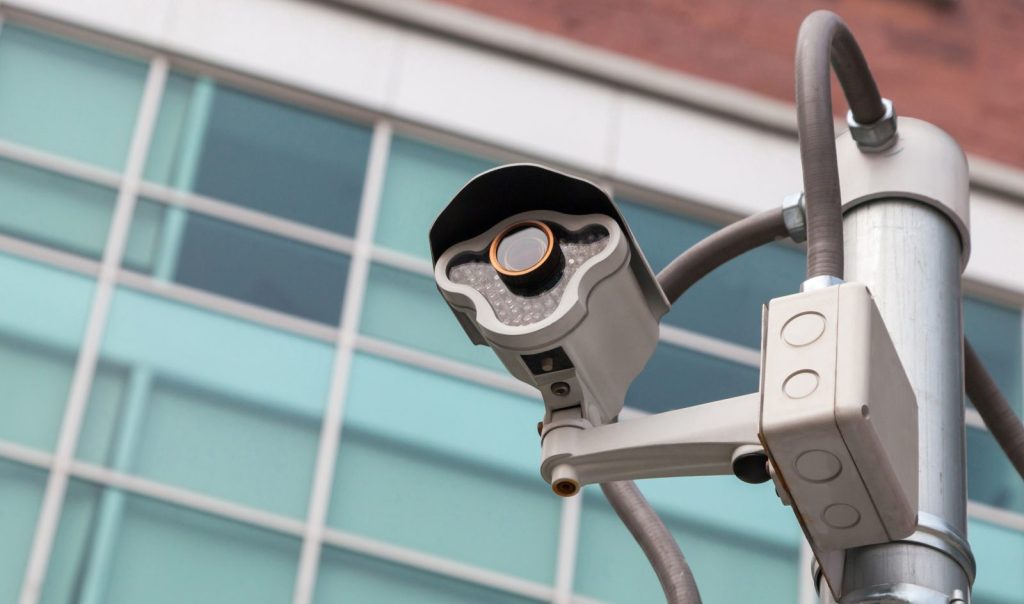Security cameras play a crucial role in safeguarding our homes, businesses, and public spaces. However, it’s essential to understand the legal considerations surrounding the use of security cameras to ensure compliance with state laws. In this article, we will provide an up-to-date overview of security camera laws in Texas, empowering you to make informed decisions and protect your property effectively.
Consent and Privacy
In Texas, the use of security cameras is generally allowed in both public and private settings. It is important to note that Texas follows a “one-party consent” law, which means that at least one person involved in the conversation or recorded interaction must give consent to being recorded. However, this consent requirement generally does not apply to public spaces where individuals do not have a reasonable expectation of privacy.
We will make it our mission to keep your students and staff members safe at all times. We offer security solutions for schools K-12 and daycare centers.

Residential Surveillance
When it comes to residential properties, homeowners have the right to install security cameras on their premises, including the front yard, backyard, and inside their homes. However, it is crucial to avoid infringing on the privacy rights of neighboring properties. Positioning cameras solely on your property boundaries and avoiding the surveillance of neighboring areas can help avoid legal issues or disputes.
Looper (2024) tells us that most of the time, law enforcement can request access to your footage from companies. Some companies may only supply that data if there’s a warrant, but others may comply upon request.
Commercial Properties
In the context of commercial properties, businesses have the right to use security cameras to monitor their premises. It is permissible to install cameras in public areas such as entrances, hallways, parking lots, and other places where individuals do not have a reasonable expectation of privacy. However, due diligence must be exercised to clearly communicate the presence of security cameras to staff and visitors through signage.
Privacy Rights informs us that:
Employers can generally monitor employee activity on a workplace computer/workstation. While many will notify you of their practices, employers typically control the network, own the equipment and have the ability to monitor you without your knowledge. Common monitoring practices include
- using software to see what’s on a screen or stored on a computer
- keeping track of the amount of time you spend away from or idle at your computer
- counting keystrokes (para. 2).
Let us keep your business or commercial real estate properties secure. Go to our Commercial Real Estate Security service page.
Audio Recording
While video surveillance is generally accepted, audio recording has additional legal considerations. In Texas, it is illegal to record conversations without the consent of all parties involved. Therefore, it is crucial to understand that audio recording is subject to stricter regulations, and consent must be obtained before capturing any audio on your security cameras.
Implications for Public Spaces
In public spaces such as shopping malls, parks, or streets, the rules regarding security cameras differ slightly. These areas may be subject to government-owned surveillance, such as traffic cameras or law enforcement recordings. Some private entities, such as businesses or homeowners’ associations, may also install security cameras in public spaces with proper signage and adherence to privacy laws.

Data Retention and Access
Texas does not have specific laws regarding the retention of security camera footage for private individuals or businesses. However, retaining recordings for a reasonable period can help with investigations, insurance claims, or legal proceedings. It is important to remember that if a crime occurs, law enforcement agencies may request access to your security camera footage as part of their investigation.
We can keep both your place of worship and your members safe. Check out our House of Worship security page.
Conclusion
As technology continues to advance, it is essential to stay informed about the laws and regulations surrounding visual recording in Texas. Understanding the consent requirements, privacy considerations, and restrictions on audio recording can help you fully utilize security cameras while respecting the rights and privacy of others.
By adhering to these laws and implementing an effective security camera system, you can enhance the safety and security of your property and community while avoiding legal complications. Always consult with legal professionals to ensure compliance with the latest laws and regulations specific to your circumstances.
References
Looper, Christian de. (2024, January 30). What to know about police and your security footage. Reviewed USA Today. https://reviewed.usatoday.com/smarthome/features/can-police-access-security-camera-footage-what-to-know
Privacy Rights. (2019, June 27). Somebody’s watching me: employee monitoring. Privacy Rights. https://privacyrights.org/resources/somebodys-watching-me-employee-monitoring


